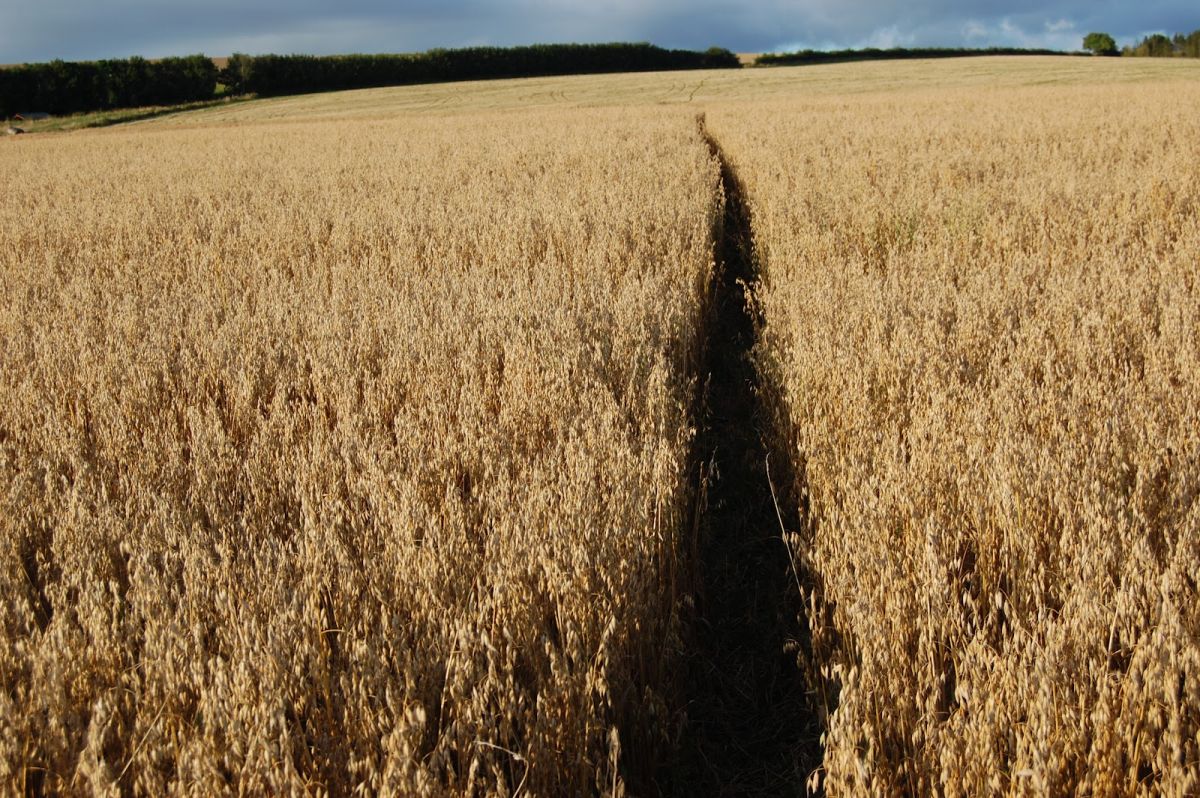
Changes to the Highways Act will make it easier for landlords to block public rights of way across their land.
Under the Highways Act 1980, a way over land is defined as a highway where there is evidence that it has been enjoyed by the public as a right and without interruption for a full period of 20 years.
Up until December, a public right of way could be established if there was evidence that a way over land had been enjoyed by the public as a right and without interruption for a full period of 20 years. Landowners could prevent this by making a statement to their local authority, which would then post public notices at obvious access points to the land (for which the landowner would be charged).
Lawyer Fiona Sedgley, a member of FBC Manby Bowdler Agricultural and Rural Services team, said that considering rights of way in place over land should be something landowners formalise with their local authority.
She explained: “Whilst a landowner might be perfectly happy having rights of way cross their land, they might not be comfortable with the idea that further rights may be created without their knowledge. A s31(6) Highways Declaration is designed to minimise this risk.
“If a landowner has land that could be earmarked for development, they may not want members of the public claiming a right of way. It could affect a planning application.
“Under the new regime, local authorities no longer have to post a visible notice on the relevant land to inform members of the public that a s31(6) Highways Declaration has been submitted, include details on its website or email interested parties who respond to the notice.”
Fiona added: “Publishing public notices can create delays and add to the overall cost of submitting a s31(6) Highways Declaration.
“With the new regulations in force, landowners could see application fees reduced and the process of submitting an application speeding up by reducing the amount of correspondence between the local authority, landowner and interested parties."
